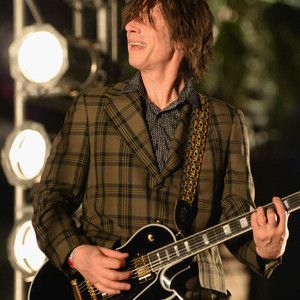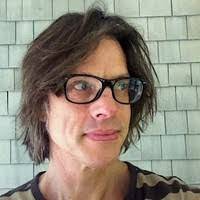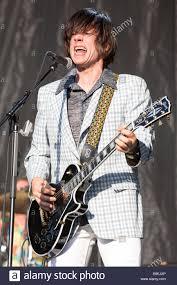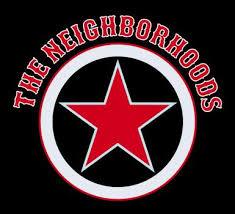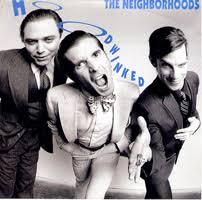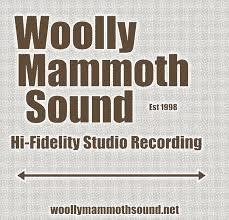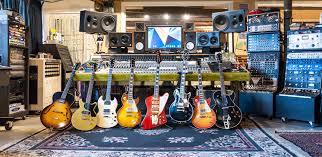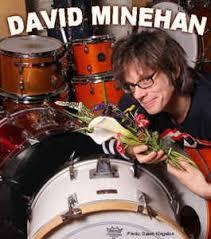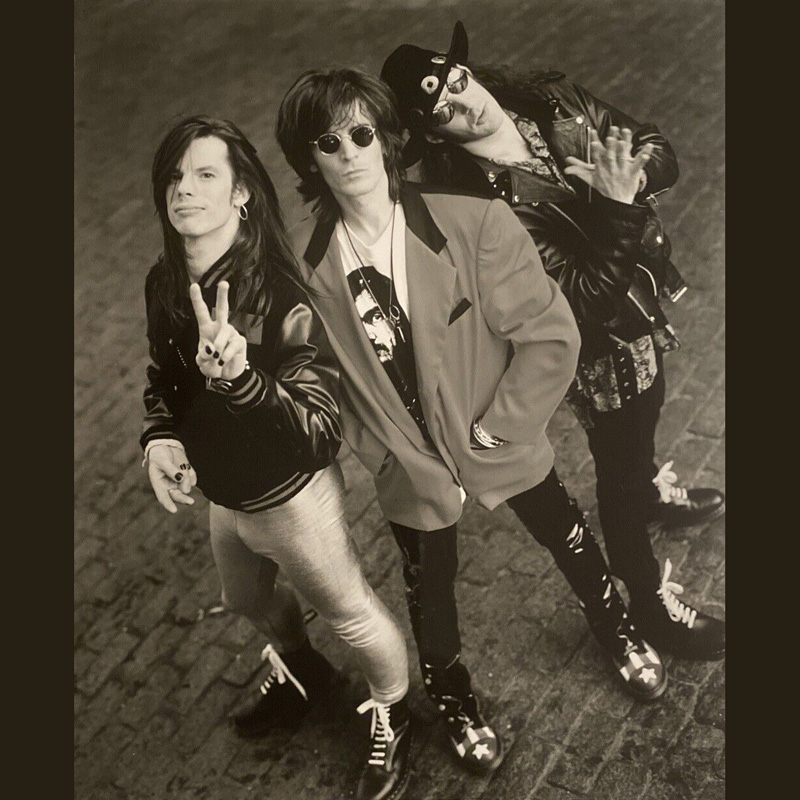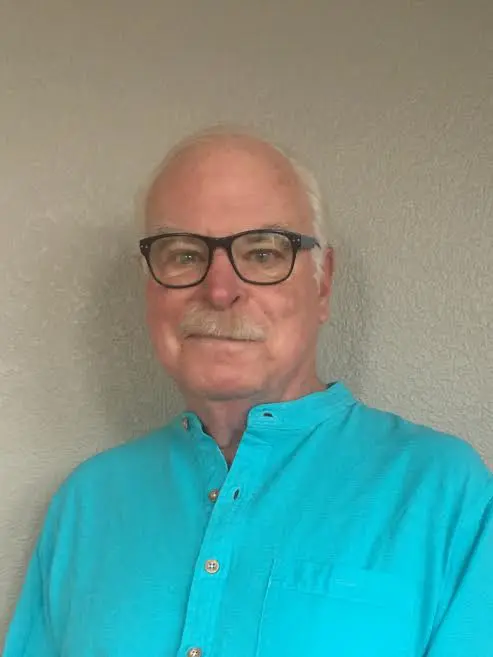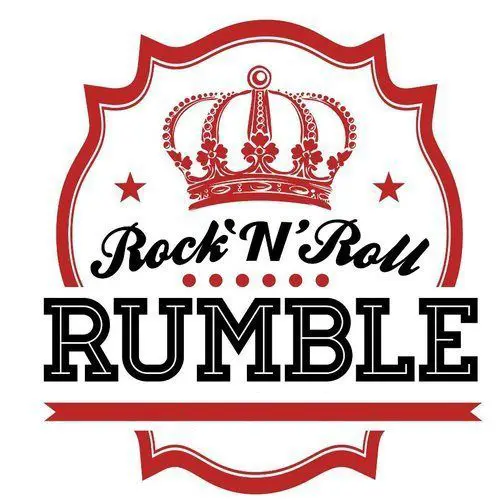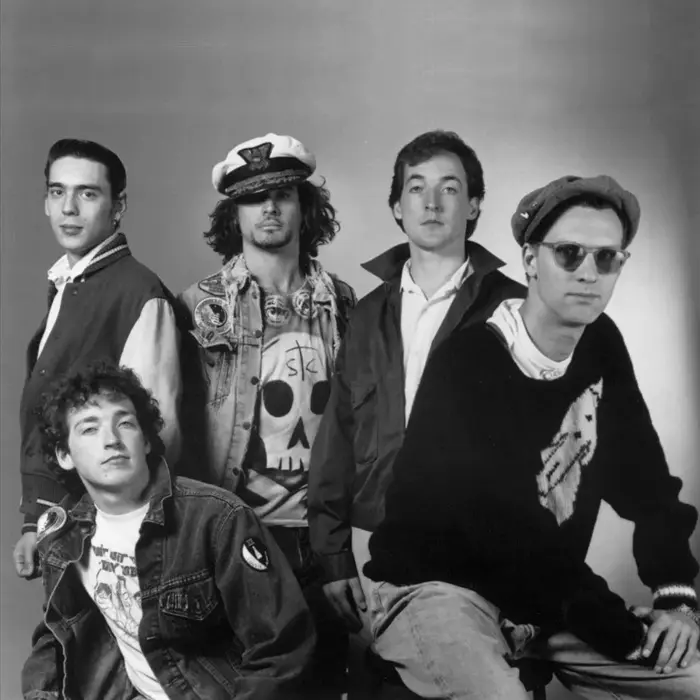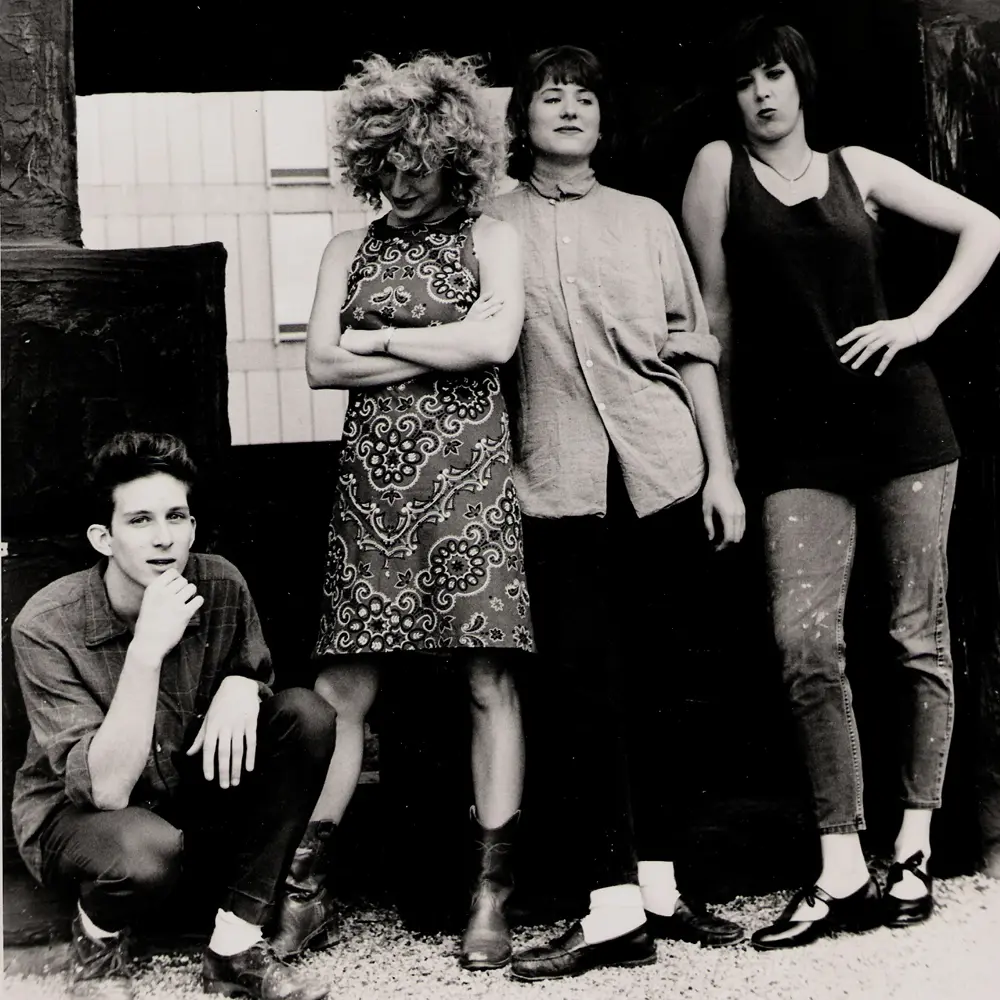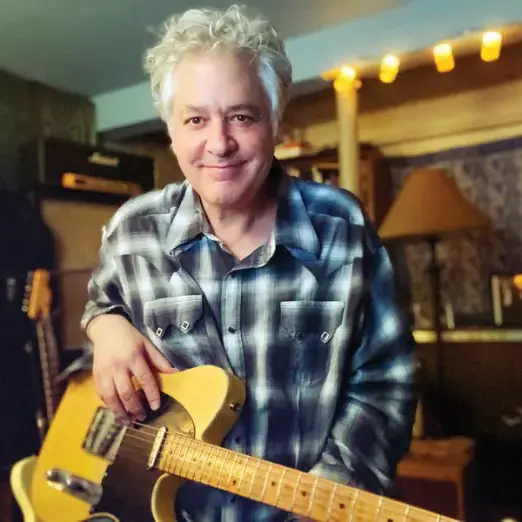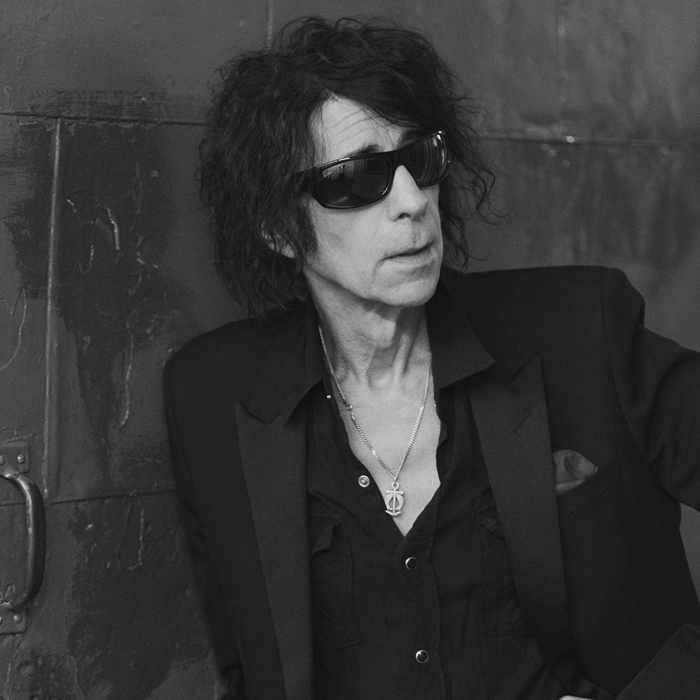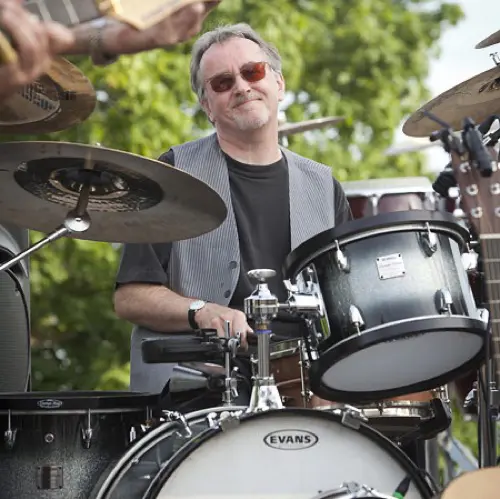David Minehan
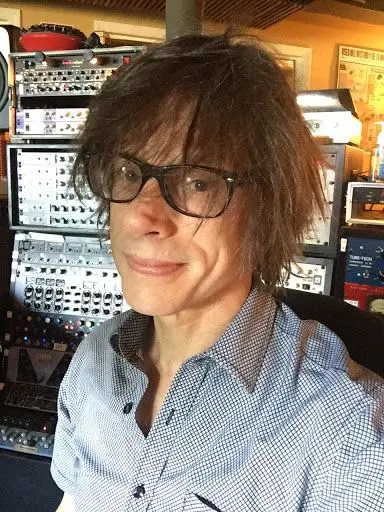
It was in Fort Monmouth, New Jersey, near the movie theatre where a young Bruce Springsteen would later rehearse with the E Street Band, that David Minehan was born, a fitting start for a man who would also look to escape the perils of his family of origin and the American despair of the 1970s. And it was that plight that motivated him to become such a respected songwriter, singer, guitarist and producer. That’s the legacy he established and nurtured, and he continues his work to this day.
Minehan moved with his family to Massachusetts as a child, first to Groton and then to Upton, where he made his great escape from suburban despair into the hope and ultimate salvation of rock ‘n’ roll. Like many homes in the 1960s and ‘70s, his was filled with the sounds of Elvis Presley, Buddy Holly, The Beatles, Jimi Hendrix and The Rolling Stones, and Minehan’s musical lexicon and early repertoire was informed by and consisted of songs by these and later heroes like David Bowie and T Rex. His first serious band was Starliner, in which he played lead guitar; others were Jim Bowman, Rich Voorhees, Don Oliver and lead vocalist Joey Frost. The boys played covers of their favorite bands including Aerosmith and Led Zeppelin.
The Neighborhoods
Drummer Mike Quagila moved to Upton from Boston in high school and became a founding member of The Neighborhoods with Minehan and Bowman. The band moved to Boston after graduation to stake their claim as bona fide rock stars, arriving in the city during the birth of punk and playing at spots like The Rathskellar, Cantone’s, The Club, Harpo’s in Newport and anywhere else along the eastern seaboard where Howie Cusack of Pretty Polly Productions could scramble a gig. The group won the 1979 WBCN Rock ‘n’ Roll Rumble, had a breakout hit with their song “Prettiest Girl” and were suddenly playing about 200 dates a year nationwide.
After local indie label Ace of Hearts sold 13,000 copies of “Prettiest Girl,” the Hoods landed a deal with EMI and their journey for the next 13 years began as the band crisscrossed the country with support from that label and others, a Miller Genuine Draft sponsorship and the unwavering determination of all serious musicians. Their touring years included opening for The Clash and a 21-date US tour with Bowie’s Tin Machine, which Minehan says was an unforgettable both personally and professionally. After recording an album produced by Aerosmith axeman Brad Whitford for Warner Bros. that the label basically sat on, the Hoods wound down and Minehan’s producing/recording skills began to wind up.
Woolly Mammouth, Paul Westerberg, The Replacements
Minehan had been producing bands like Scruffy the Cat and Salem 66 during his touring years and moved fully into his life as an engineer/producer in 1998 with the founding of Woolly Mammoth Sound on Boylston Street in Boston. The first several years established him as an extremely talented behind-the-board presence and included forming a partnership with David Westner, a producer/engineer in his own right, who signed on when Minehan took over the former Studio 10 spot in the Boylston space.
Clients including Peter Wolf, Henley Douglass, Duke Levine, Kevin Barry, Dave Mattacks and The Van Gogh Brothers solidified his clientele before rising rents drove him to move the studio to Waltham in 2006. Since the relocation, Woolly Mammoth has become a “Holy Grail” sort of studio for both regional and national artists. The gear is spectacular, with a wide array of instruments including a grand piano and an amazing floating drum room. The studio offers top-line professional tech in an inviting, bohemian space filled with legit rock-star ambiance.
But wait, there’s more! In 1993, as the Hoods reached the end of their road, Minehan scored a gig with Paul Westerberg for a year-long North American and European tour and included appearances on Saturday Night Live and Jools Holland’s show. That experience “opened many doors,” he says, one of which led to joining The Replacements in 2013 (replacing the late Bob Stinson). That gig included a headline slot at Coachella in 2014, a Late Night appearance with co-host Keith Richards and a vocal-sharing tour leg with Billy Joe Armstrong. Yet another door, as fate would have it, led to Minehan filling in for Aerosmith’s Whitford on the band’s three shows in Japan in August 2013.
Comments on Keith Richards, David Bowie, Last Known Address
Asked about his most memorable experiences in the music business, he talked about meeting Keith Richards twice (once in Boston with the Expensive Winos and once on Late Night) and how present, humble and kind he was. He speaks similarly of Bowie, who shared the Neighborhoods’ van for a day trip to Tijuana where they visited tourist sights and had dinner before driving back. Minehan describes Bowie as “a gentleman” and “an unpretentious, enthusiastic, curious” person in every way. “I can’t believe I got to know him,” he says.
In 2019, The Neighborhoods continued their legacy as Minehan, John Lynch and Lee Harrington recorded the album Last Known Address. Today, the band’s frontman continues to pursue various production/engineering projects and says he hope to add a solo album to his discography at some point.
(by John Cate)

